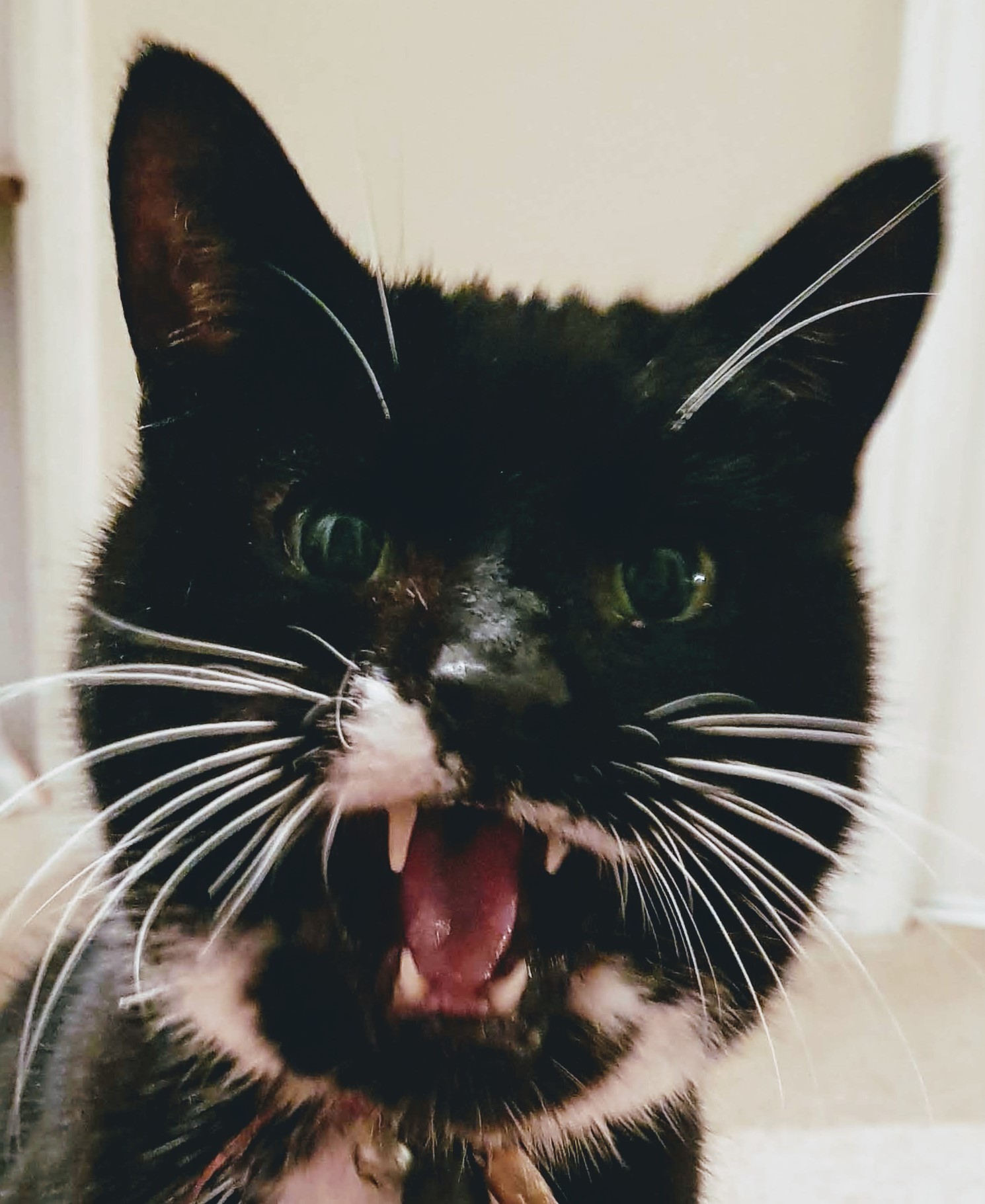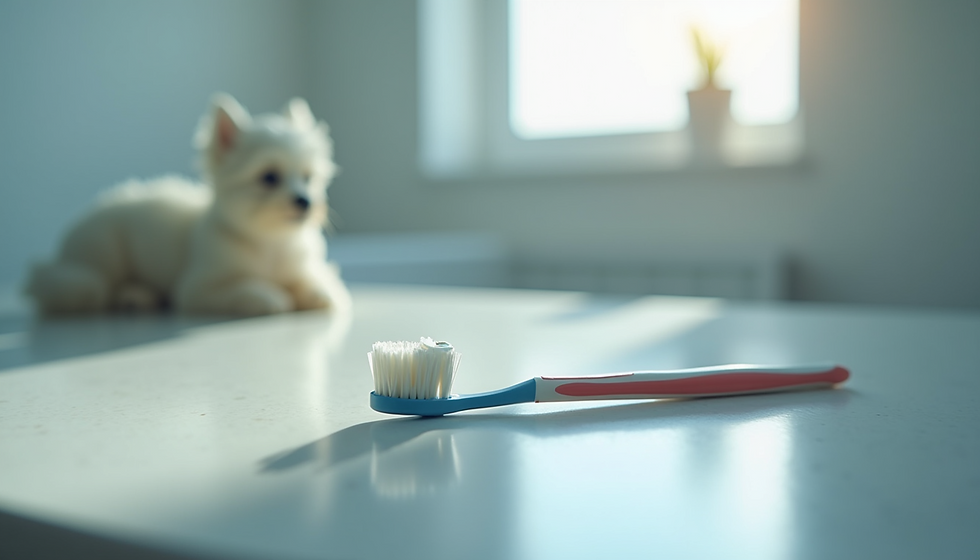Why Veterinary Dental Care Matters for Your Pet
- thedentalrvn

- Oct 6, 2025
- 3 min read
Dental health is a crucial aspect of overall well-being for pets. As veterinary nurses, understanding the importance of pet dental care and the common dental diseases that affect animals is essential. This knowledge helps in educating pet owners and providing the best care possible. In this article, we will explore the significance of dental health in pets, common dental diseases, and practical tools and products that can aid in maintaining healthy teeth and gums.
Understanding the Importance of Pet Dental Care
Dental disease is one of the most common health problems in pets, yet it is often overlooked. Poor oral hygiene can lead to pain, difficulty eating, and systemic infections that affect the heart, liver, and kidneys. Early detection and treatment of dental issues can prevent these complications.
Regular dental check-ups and cleanings are vital. Veterinary nurses play a key role in monitoring pets’ oral health during routine visits. Educating pet owners about daily dental care routines, such as tooth brushing and appropriate chew toys, can significantly reduce the risk of dental disease.

Close-up view of a dog’s healthy teeth and gums
Common Dental Diseases in Pets
Several dental diseases frequently affect pets, each with unique signs and treatment needs. Recognizing these conditions early can improve outcomes and comfort for the animal.
Gingivitis
Gingivitis is the inflammation of the gums caused by plaque buildup. It is the earliest stage of periodontal disease and is reversible with proper care. Symptoms include red, swollen gums and bad breath. If untreated, gingivitis can progress to more severe periodontal disease.
Periodontal Disease
This disease affects the structures supporting the teeth, including the gums, periodontal ligament, and bone. It is caused by the accumulation of plaque and tartar, leading to infection and tooth loss. Periodontal disease is painful and can cause systemic health issues.
Tooth Resorption
Tooth resorption is a condition where the tooth structure breaks down and is absorbed by the body. It is common in cats and can cause significant pain. Affected teeth often require extraction.
Malocclusion
Malocclusion refers to the misalignment of teeth, which can cause difficulty eating, trauma to the mouth, and abnormal wear of teeth. It may be congenital or develop due to injury or disease.
Deciduous Teeth
Retained deciduous teeth, or baby teeth that do not fall out, can cause crowding and misalignment. These teeth often need to be removed to prevent complications.

Eye-level view of a veterinary nurse examining a pet’s teeth
Practical Tools and Products for Dental Care
Veterinary nurses can recommend and use various tools and products to support pet dental health. These include:
Toothbrushes and Toothpaste: Specially designed for pets, these help remove plaque and prevent tartar buildup. It is important to use pet-safe toothpaste as human toothpaste can be toxic.
Dental Chews and Toys: These products help mechanically clean teeth and massage gums. They also provide mental stimulation.
Oral Rinses and Water Additives: These can reduce bacteria in the mouth and freshen breath.
Professional Dental Cleaning Equipment: Ultrasonic scalers and polishers are used during veterinary dental procedures to remove tartar and smooth tooth surfaces.
Educating pet owners on the correct use of these products is essential for effective home care.
Enhancing Your Veterinary Practice with Dental Education
Providing educational tools and resources about pet dental care can enhance the quality of service in veterinary practices. Offering demonstrations, brochures, and follow-up support encourages pet owners to maintain their pets’ oral health.
Veterinary nurses can also benefit from continuing education in veterinary dentistry to stay updated on the latest techniques and products. This expertise improves patient outcomes and client satisfaction.

High angle view of veterinary dental care tools arranged on a tray
Supporting Pet Health Through Preventive Dental Care
Preventive dental care is the cornerstone of maintaining pet health. Regular oral examinations, professional cleanings, and at-home care routines reduce the risk of dental disease and its complications.
Encourage pet owners to:
Brush their pet’s teeth daily or several times a week.
Provide dental chews and toys appropriate for their pet’s size and chewing habits.
Schedule regular veterinary dental check-ups.
Monitor for signs of dental problems such as bad breath, drooling, or difficulty eating.
By integrating these practices, veterinary nurses can help ensure pets enjoy a better quality of life.
For more detailed information and resources on veterinary dental care, visit the linked site.
Maintaining pet dental health is a vital part of veterinary nursing. Understanding common dental diseases, using the right tools, and educating pet owners can make a significant difference in the lives of pets. With consistent care and attention, dental disease can be prevented or managed effectively, promoting overall health and happiness for our animal companions.






Comments